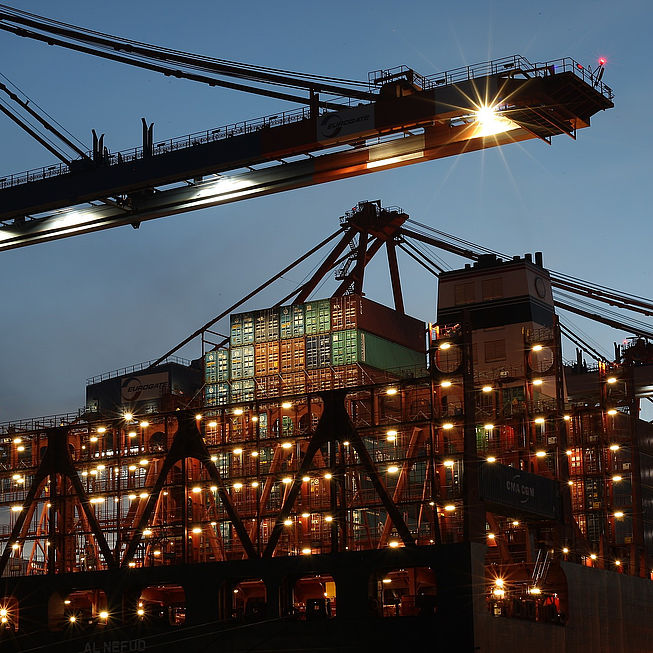What?
IMO2020 is the first and the largest in a series of steps by the IMO to reduce emissions in response to climate change. IMO2020 emission regulation means that ships will have to significantly reduce their emissions both on the high seas and in coastal areas. IMO2020 concerns regulation on the use of low-sulphur fuel. To date, ships have been able to use fuel with a Sulphur content of up to 3.5 percent. Beginning in 2020, this Sulphur content must be 0.5 percent or lower. Stricter 0.1% Sulphur regulations will remain in some emission control areas in Europe and North America.
When?
The new IMO2020 emissions regulation will come into force on 1 January 2020, but in order to comply on Jan 1st, carrier need to retrofit their ships during Q4/2019.
Why?
This new regulation will significantly improve the ecological footprint of the shipping industry. IMO2020 will make the shipping industry significantly greener.


![[Translate to Spanish:] [Translate to Spanish:]](/fileadmin/_processed_/d/a/csm_fms_breeze_pressrelease_july_e3b9809cdd.png)
![[Translate to Spanish:] [Translate to Spanish:]](/fileadmin/_processed_/a/d/csm_fms_cland_pressrelease_november_dcb232c767.jpg)
![[Translate to Spanish:] [Translate to Spanish:]](/fileadmin/_processed_/5/8/csm_fms_TheBlueAI_Pressrelease_September_273ab2fcc5.jpg)